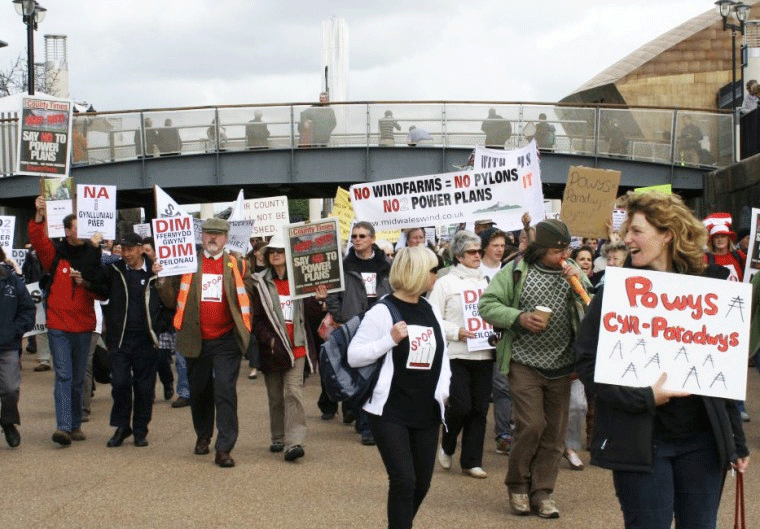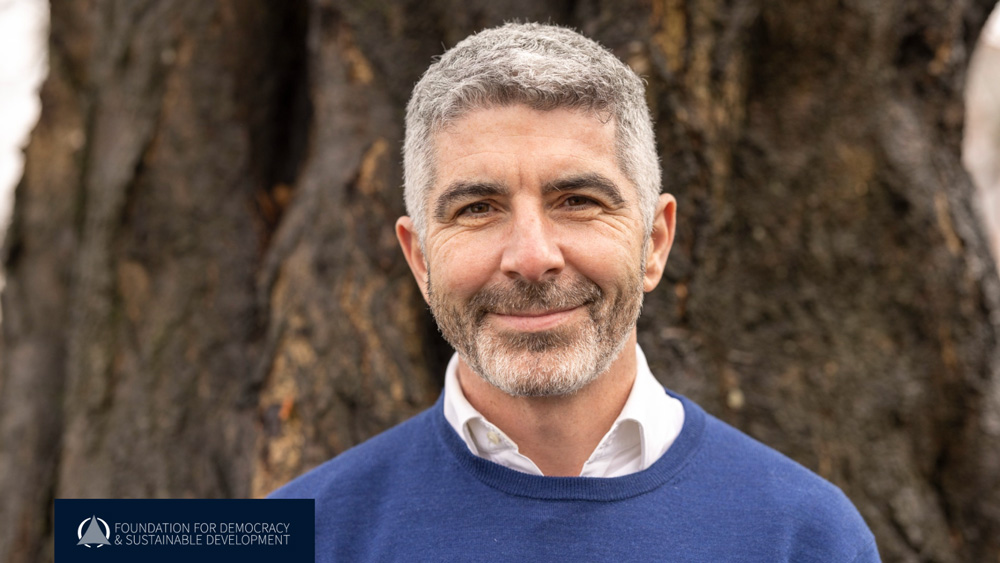Widespread public participation is important not only for working out the best ideas to tackle complex problems or effectively implement change, but also to create agreement for major transitions in society or the economy. Simon Roberts, CEO of the Centre for Sustainable Energy in Bristol wrote this blog earlier in 2017, summarising a longer paper that argues that otherwise populist reactions against the ‘liberal metropolitan elite’ can undermine efforts to reduce carbon emissions.
…
Why carbon budgets could be next in line for a populist backlash – and how to avoid it
The rejection of the EU by a (slim) majority in the Brexit vote in June 2016 offers a glimpse of how support for actions to cut carbon emissions may be undermined if more is not done to nurture public understanding of, involvement in, and consent for such actions.
What we now have to call ‘the liberal metropolitan elite’ has been pursuing a social and economic programme which is justified and beneficial in their eyes and which has, by and large, enjoyed popular support in general (though not always in the particular).
But they forgot (for about 30 years) to spend time engaging with the ‘general public’, listening to their views and developing understanding of what it was all for and why it was the best course to follow – perhaps adjusting that course slightly in response to what they had heard.
In their case, it was deepening membership of the EU. In our case (and that ‘our’ isn’t just CSE but all of the green lobby and many other parts of the liberal metropolitan elite), it’s action on reducing carbon emissions. And we, too, have been forgetting to engage, listen and develop understanding – for about 15 years.
But, for reasons outlined in the opening section of a new discussion paper by CSE Chief Executive Simon Roberts, the transition to a low carbon society arguably requires the involvement and consent of ‘the people’ even more than membership of the EU. This is because it will have even more impact on the way we live our daily lives and the choices available to us.
The new paper was written as a stimulus for a recent roundtable on engaging the public on emissions reduction that was supported and convened by the Children’s Investment Fund Foundation (CIFF). The roundtable in turn fed into government processes for developing the forthcoming Emissions Reduction Plan (to meet the fifth carbon budget).
In the paper, Simon explores why public engagement and consent matter so much for the next phase of the low carbon transition, as we get beyond the easy stuff that’s already been done. Drawing on the experience of onshore wind, he explains the ‘tragedy of the commons’ aspect of public engagement and questions whether we can rely – as many policy-makers and -shapers seem to – solely on the emerging low carbon markets (e.g. in smart energy services or electric vehicles) to deliver the public consent and involvement required.
He then looks at CSE’s positive experiences in stimulating meaningful and local peer-to-peer conversations about ‘what it all means round here, for us and for me’ and the social mechanisms which may explain the success of these in building consent.
We’ve written before about the need for meaningful public consent for this transition (see here and here). And exploring ways of stimulating local discussions and connections which can be the foundation stones of such consent were the basis of projects such as Future Energy Landscapes and Warmer Bath.
The CIFF roundtable involved a range of policy-makers and influencers (BEIS, Behavioural Insights Team) academics, and civil society organisations. Simon commented: “It was a really stimulating discussion. I came away with one particular new insight which is that when policy makers talk about public engagement they conceive it as a purely instrumental process that helps them sharpen up policy to make it better at persuading, requiring, hoodwinking, or nudging people into taking a usually quite specific intended action. But that characterisation of public engagement ignores the far deeper, more transformational level of engagement we need: place-based, peer-to-peer conversations which reveal norms for action and nurture social permission for change.”
Simon tried to capture this distinction in a single image – reproduced below – which used his ‘fertilise the ground so the seeds of change can grow better’ analogy.

by Simon Roberts
LINK




